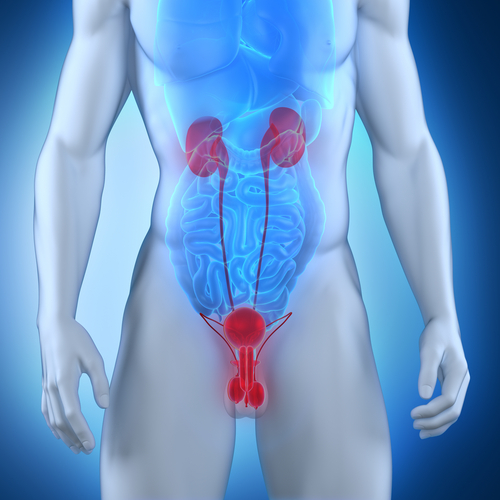 A recent study on metastatic castration-resistant prostate cancer (mCRPC) showed that androgen receptor V7 (or AR-V7) status has no significant impact on the response to taxane chemotherapy. The study entitled “AR splice variant 7 (AR-V7) and response to taxanes in men with metastatic castration-resistant prostate cancer (mCRPC)” was presented during the 2015 Genitourinary Cancers Symposium held last February in Orlando by lead author Dr. Emmanuel S. Antonarakis from the Sidney Kimmel Comprehensive Cancer Center at Johns Hopkins in Baltimore, MD.
A recent study on metastatic castration-resistant prostate cancer (mCRPC) showed that androgen receptor V7 (or AR-V7) status has no significant impact on the response to taxane chemotherapy. The study entitled “AR splice variant 7 (AR-V7) and response to taxanes in men with metastatic castration-resistant prostate cancer (mCRPC)” was presented during the 2015 Genitourinary Cancers Symposium held last February in Orlando by lead author Dr. Emmanuel S. Antonarakis from the Sidney Kimmel Comprehensive Cancer Center at Johns Hopkins in Baltimore, MD.
Dr. Antonarakis explained in a news release that clinicians urgently need biomarkers to decide which therapies will be effective at the individual level in advanced prostate cancer patients. Dr. Antonarakis said that testing for AR-V7 could become a very useful method to manage therapy decisions for men with hormone-resistant disease.
The truncated form (AR-V7) of the androgen receptor (AR) i.e. that lacks the ligand-binding domain but always remains active, is found in a third of patients with castration-resistant prostate cancer. Recently in a clinical study, Dr. Antonarakis and colleagues demonstrated that men with mCRPC had AR-V7 in circulating tumor cells and were resistant to androgen receptor targeting drugs enzalutamide and abiraterone. Moreover, previous studies performed in experimental models of prostate cancer have also shown an association between AR-V7 and resistance to taxane chemotherapy.
This study hypothesized that AR-V7[+] mCRPC patients would still have some level of sensitivity to taxane chemotherapy (docetaxel or cabazitaxel) as an initial treatment, even though they were resistant to hormone therapy. The team analyzed AR-V7 status through an experimental blood test that quantifies AR-V7 mRNA in circulating tumor cells. The study recruited 37 men with mCRPC of which 46% were AR-V7 positive. They found that participants, independently of their AR-V7 status, responded to taxane therapy.
The AR-V7 truncation is frequently seen in patients that have been subjected to several types of hormone treatments. Researchers think that this could be due to constant low levels of testosterone, allowing the tumor to adapt and sustain AR signaling, compensating the inhibition of normal AR due to hormone therapy.

